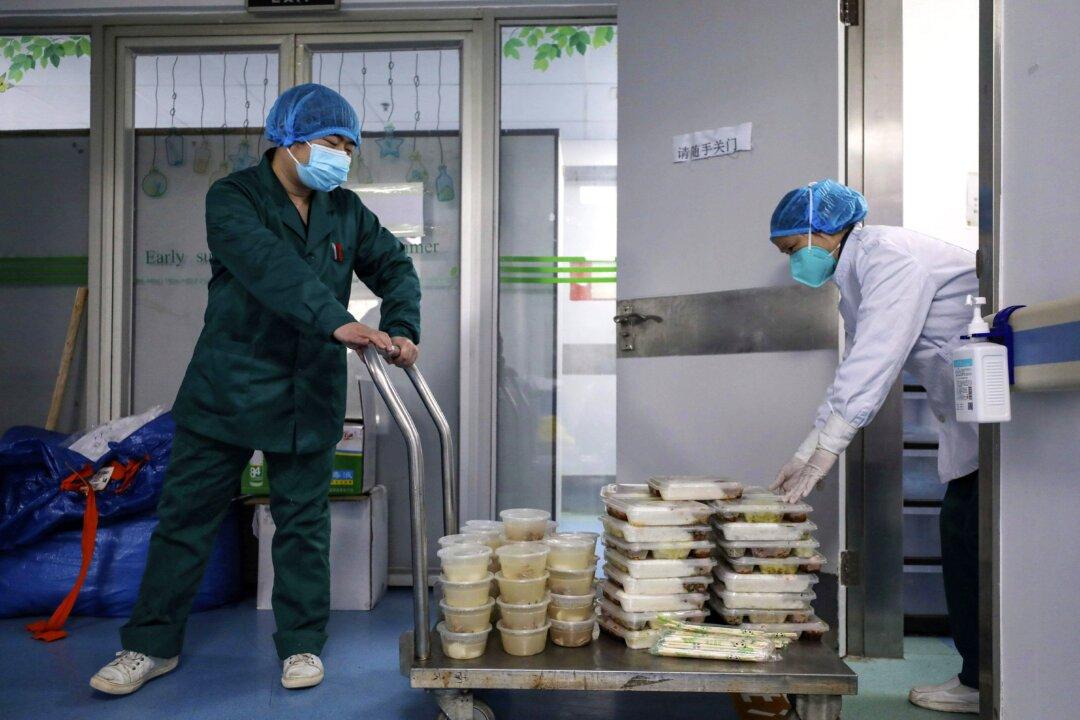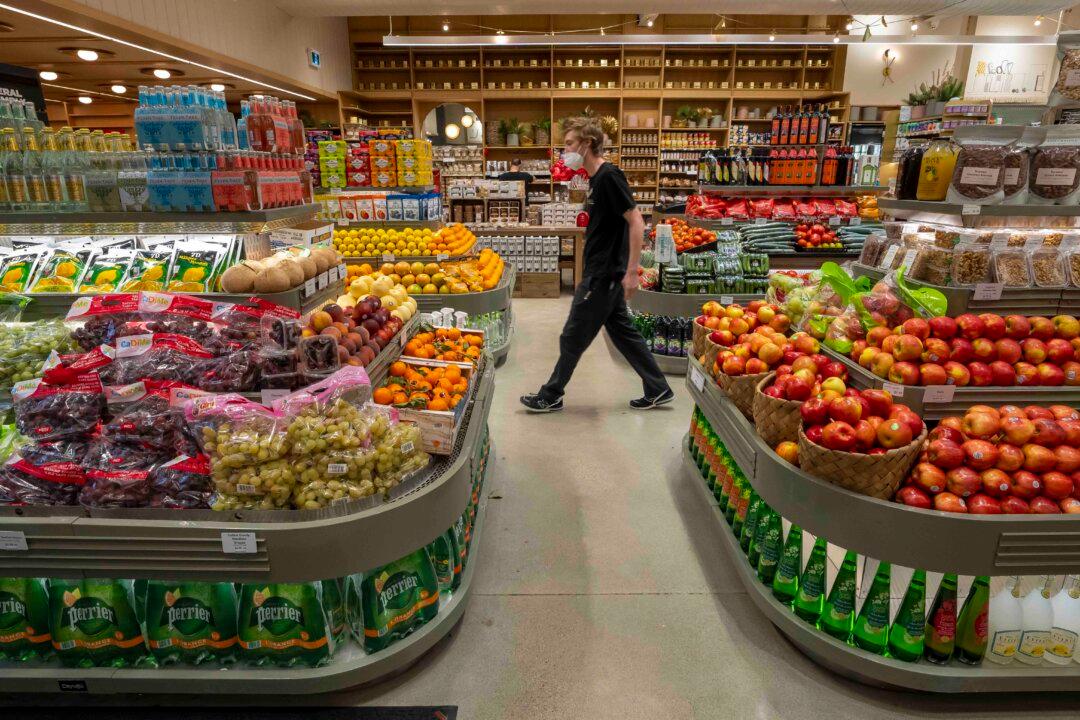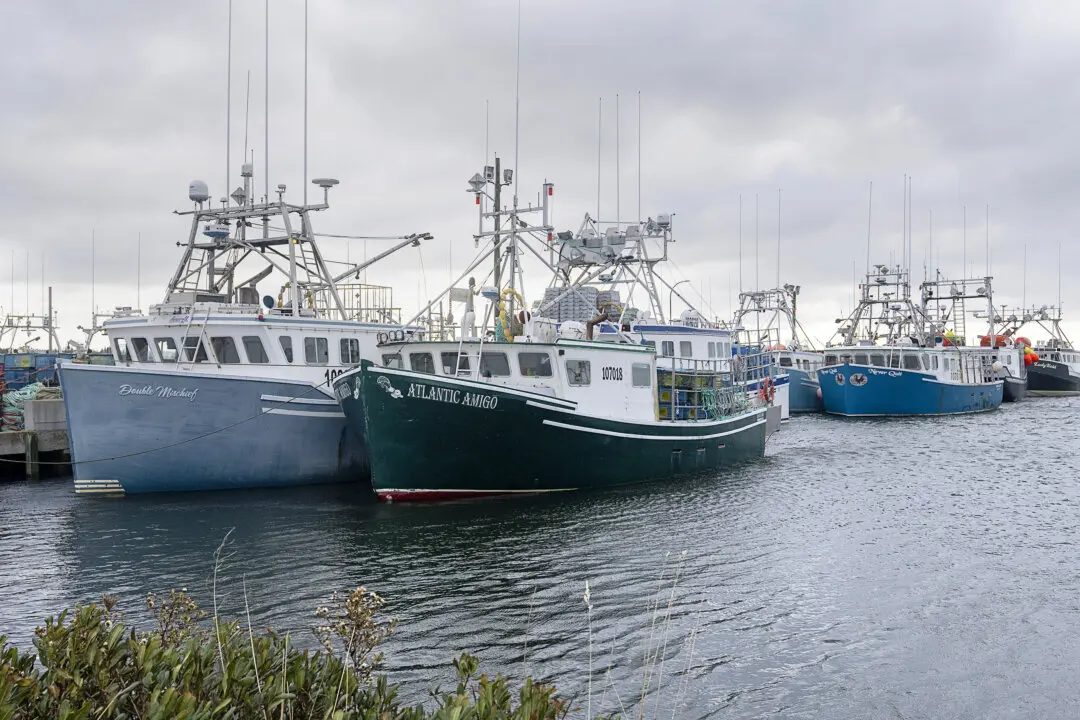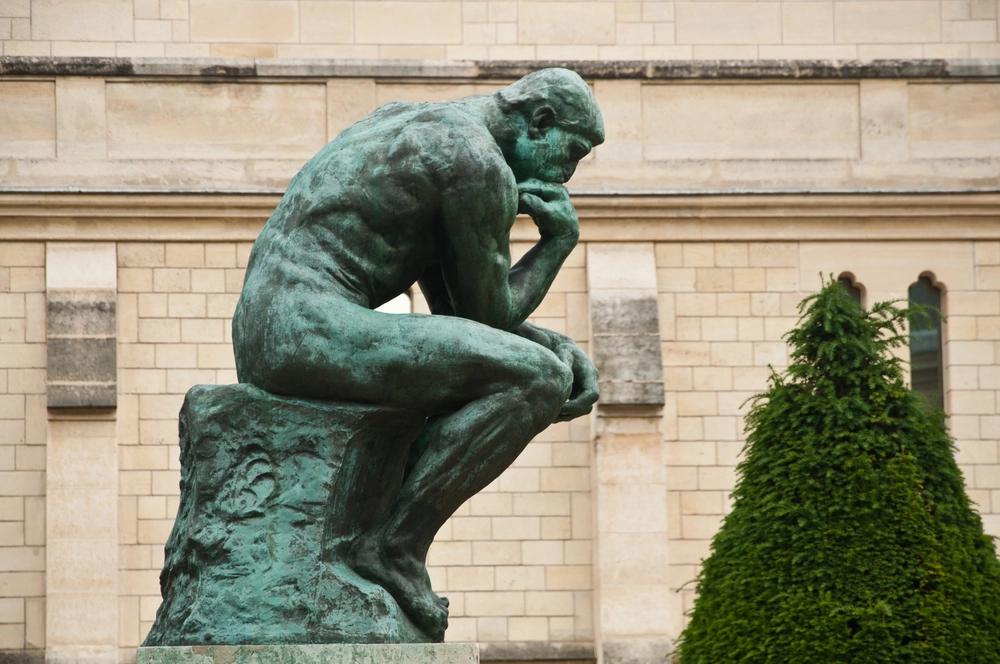Commentary
It’s real, all right. The CCP (Chinese Communist Party) virus, commonly known as the novel coronavirus, may not be “the big one” we’ve been fearing but it’s the biggest one since the Spanish flu. It’s already proving very disruptive and dangerous to vulnerable people. And here in Canada we’re stockpiling toilet paper because when you’re out of food and water you… that is… You do know you can’t eat that stuff, right?





